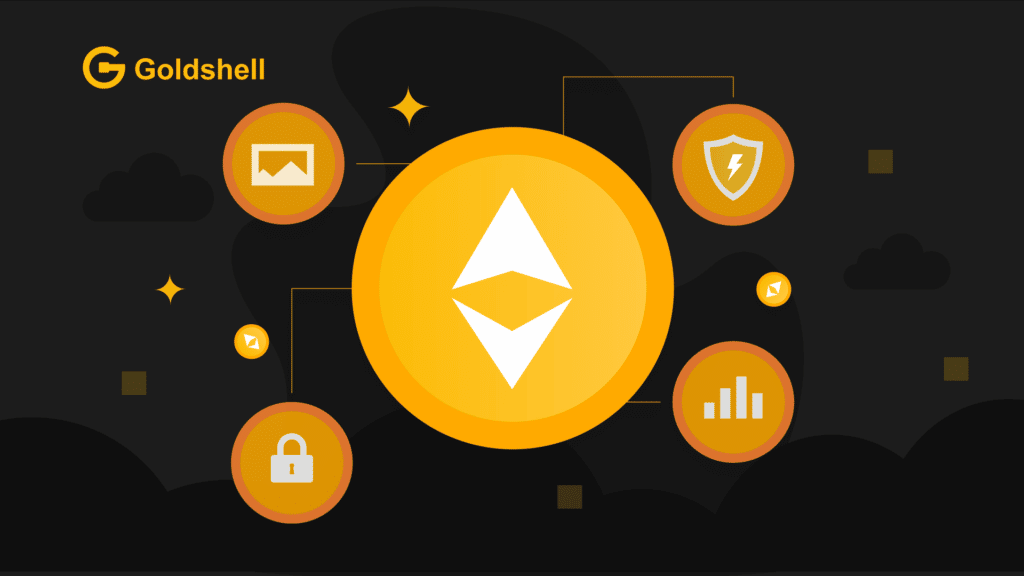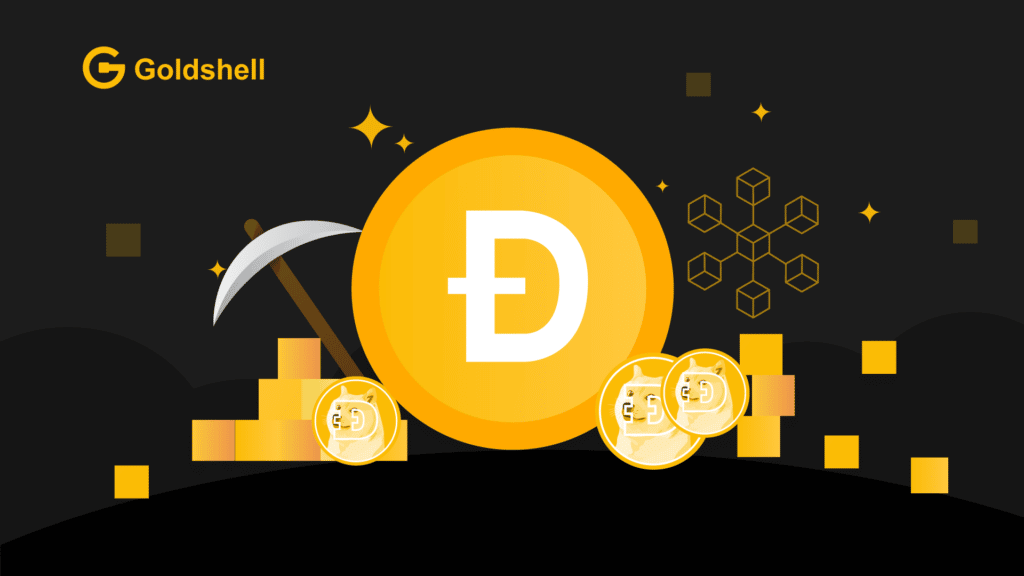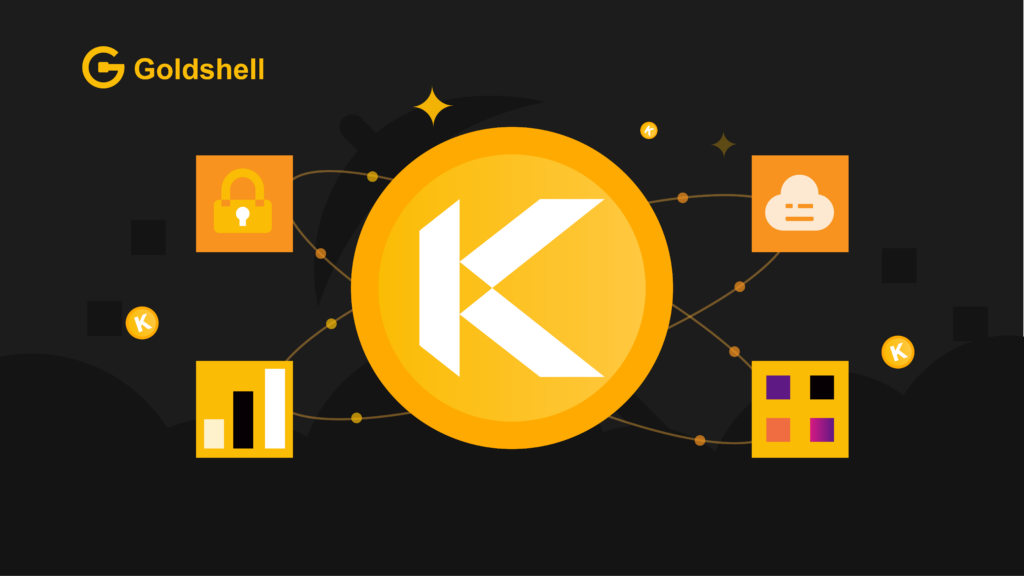Ethereum (ETH)
A Next-Generation Smart Contract and Decentralized Application Platform. Launched in 2015, Ethereum builds on Bitcoin’s innovation, with some big differences. Both let you use digital money without payment providers or banks. But Ethereum is programmable,…
Helium (HNT)
A Decentralized Wireless Network for the Internet of Things. Helium is a peer-to-peer wireless network that aims to provide a truly decentralized and trust-less model for building wireless infrastructure. Using Hotspots and other devices for sending and receiving data…
Siacoin (SC)
A Marketplace for Decentralized Cloud Storage. Sia aims to offer a decentralized cloud storage infrastructure. Sia connects users who need file storage to a distributed global network of hosts, willing to offer under-utilized hard-drive capacity. The…
Nervos Network (CKB)
Public Blockchain Ecosystem and Collection of Protocols. The Nervos Network is an open-source public blockchain ecosystem and collection of protocols. The Nervos CKB (Common Knowledge Base) is the layer 1, proof-of-work public blockchain protocol of the Nervos Network. The…
Dogecoin (DOGE)
An Open Source Peer-To-Peer Digital Currency Favored By All Shiba Inus Worldwide. Dogecoin (DOGE) is an open-source peer-to-peer cryptocurrency reported to be “favored by all Shiba inus worldwide”. As a fork of the source-code of Litecoin (LTC), its first block…
Litecoin (LTC)
An Open Source Peer-To-Peer Digital Currency. Litecoin (LTC) is a peer-to-peer cryptocurrency that aims to enable fast and low-cost payments to anyone in the world. The Litecoin Project was conceived and created by Charles Lee, a former Coinbase…
Kadena (KDA)
A Proof-of-Work (PoW) Blockchain that Offers Fast and Cheap Transactions. Kadena is a Proof-of-Work (PoW) blockchain. Kadena utilizes a smart contract language called “Pact”, a secure smart contract language with built-in automated auditing. One of the main…
Categories
- Analysis (2)
- Announcement (12)
- Event (3)
- News (17)
- Report (17)







